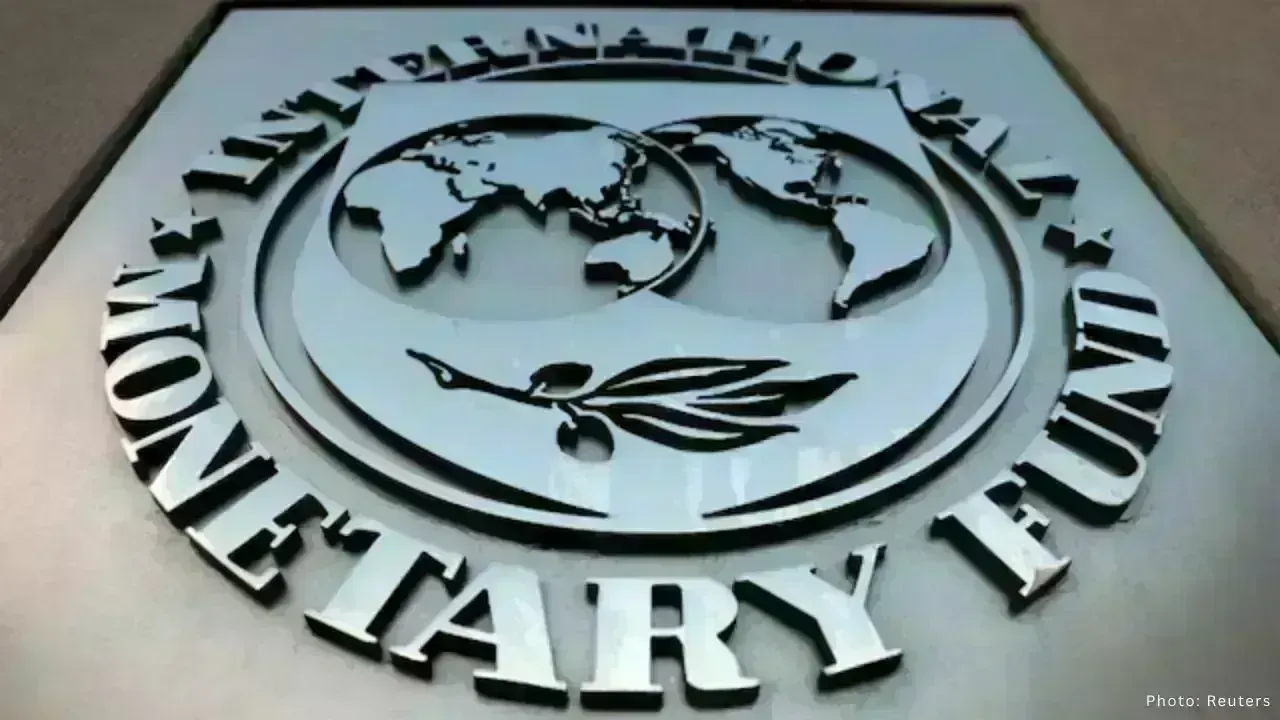You have not yet added any article to your bookmarks!

Join 10k+ people to get notified about new posts, news and tips.
Do not worry we don't spam!

Post by : Anis Farhan
As 2025 progresses, the way many people approach food and health has evolved. Broad, one-size-fits-all diet advice is giving way to highly individualised strategies that combine scientific insight with everyday habits. Under the banner of personalized nutrition, recommendations are now shaped by a person’s genetic profile, daily routine, gut ecology and even mental well-being to craft more effective dietary plans.
At the heart of this shift is the recognition that physiology varies greatly between individuals. Two people following the same menu can see very different results because of differences in genes, metabolism and nutrient processing. With longevity and preventive care rising on public agendas, tailoring nutrition to the individual has emerged as a practical path to improving long-term health outcomes.
Advances in biological testing are enabling more precise dietary guidance. Genetic assays can point to how an individual handles fats, carbohydrates or stimulants, revealing susceptibilities such as heightened inflammatory responses or altered caffeine metabolism. Armed with genetic markers, clinicians and dietitians can recommend eating patterns that better support energy, sleep and chronic disease prevention.
Alongside genomics, analysis of the gut microbiome is proving crucial. The community of microbes in the intestine affects digestion, immune resilience and aspects of mood. Knowing which bacterial strains predominate helps determine which foods encourage a healthier microbiome and which might aggravate digestive or inflammatory conditions.
Artificial intelligence now turns streams of health data into dynamic nutritional advice. Modern wellness apps collect metrics such as caloric intake, heart rate variability, sleep patterns and stress indicators, then synthesise these inputs to propose meal choices that respond to changing needs. Recommendations shift as lifestyle signals do, making nutrition guidance adaptive rather than static.
For example, poorer sleep might prompt a system to suggest magnesium-rich foods or ingredients linked to improved rest. During intense stress periods, platforms may prioritise nutrient-dense carbohydrate and omega-containing meals to support cognitive balance. This responsive model helps people align food with short- and long-term health goals.
Nutrigenomics—the study of nutrient-gene interactions—has moved from research labs into consumer services. By mapping genetic variants that influence responses to particular nutrients, specialists can design dietary strategies targeting cardiovascular risk, immune support or cognitive performance.
Startups are leveraging these insights to offer DNA-informed meal plans and delivery services, combining scientific rigour with everyday convenience to broaden access to personalised diets.
Wearable sensors have further narrowed the gap between food choices and measurable physiological effects. Devices that monitor glucose trends, hydration, heart-rate variability and other metabolic signals let people see immediate responses to meals. Real-time feedback makes it possible to refine eating habits quickly for improved energy, recovery and chronic-condition management.
Continuous tracking supports both medical and performance users: people managing diabetes can observe post-meal glucose shifts, while athletes can calibrate nutrition to optimise endurance and recovery.
Gut health is central to personalised dietary plans because of its wide-ranging influence on digestion, immunity and mental well-being. Microbiome testing often informs recommendations to boost beneficial bacteria and reduce harmful species.
Someone with low microbial diversity may be advised to increase fermented foods, prebiotic fibres and varied plant intake. Conversely, a person with inflammation-linked microbiota might receive guidance to emphasise anti-inflammatory ingredients such as turmeric, ginger and leafy vegetables. These tailored choices aim to restore balance and support overall vitality.
Supplementation is moving away from generic multi-formulas toward personalised regimens. Companies now combine AI analytics with bloodwork and genetic data to assemble monthly supplement packs that address identified deficits and individual metabolic needs.
Subscription services delivering tailored vitamins and minerals are expanding as consumers seek more targeted, evidence-informed support than off-the-shelf products can provide.
The rise of personalized nutrition also raises questions about data protection and ethics. Genetic and biometric information is highly sensitive, so firms collecting these data must adopt robust security, clear consent practices and transparent usage policies. Without proper safeguards, there is a risk of misuse by third parties, including insurers or employers.
Policymakers in several jurisdictions are working to establish frameworks that protect individuals’ health data and ensure control over how personal information is shared and applied. Maintaining consumer confidence will be essential for the field’s continued growth.
Looking ahead, convergence between nutrition science, device ecosystems and AI could normalise personalised dietary guidance. We may see household appliances recommend meals based on current biomarkers or wearables trigger recipe suggestions when specific nutrient levels change, creating an integrated preventive-health environment.
The potential is a seamless loop where biometric signals inform food choices, and those choices feed back into improved health metrics—shifting nutrition from reactive to anticipatory care.
Personalized nutrition represents a move from generic rules to data-informed self-care. By combining biology, technology and behaviour science, this approach gives people tools to make better-informed dietary decisions, helping to convert nutritional knowledge into measurable health benefits.
As technologies and regulations mature, personalised nutrition could become a mainstream element of preventive health—enabling individuals to use food as a precise tool for wellbeing rather than guesswork.
This article is provided for informational purposes only and should not be taken as medical advice. Readers should consult qualified healthcare professionals before making significant changes to diet or lifestyle based on personalised nutrition findings.










Gold Prices Slide as Strong Dollar and Futures Selling Weigh
Gold prices dipped as investors adjusted positions ahead of a commodity index reshuffle, while a str

Yash’s Toxic to Clash with Ranveer’s Dhurandhar 2 on March 19 Release
Yash’s Toxic and Ranveer Singh’s Dhurandhar 2 will battle at the box office on March 19, promising a

Australia Wins Final Ashes Test, Clinches Series 4-1; Khawaja Retires
Australia won the final Ashes Test by 5 wickets, sealing a 4-1 series win. Usman Khawaja retired aft

Malaysia Declares 2026 as ‘Year of Execution’ for 13MP Rollout
Malaysia’s Economy Minister says 2026 will focus on execution, ensuring 13MP policies turn into real

Trump Unveils New Tariffs on Iraq, Brazil and the Philippines
Donald Trump issues new tariff letters to eight countries, imposing duties up to 50 percent, citing

Heavy Clashes in Aleppo Between Syrian Forces and Kurdish Fighters
Fighting erupted in Aleppo for a second day, displacing thousands and leaving at least four dead as